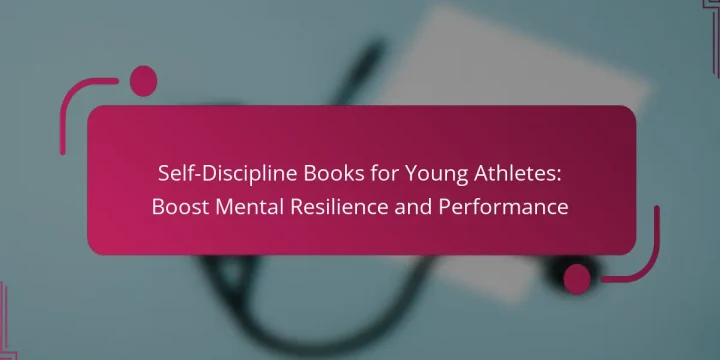
Young athletes face unique challenges that can impact their mental health and well-being. Prioritising love and self-care fosters emotional resilience and enhances performance. Mindfulness exercises, open communication with coaches, and engaging in hobbies outside of sports contribute to overall happiness. By implementing these strategies, young athletes can cultivate a balanced perspective on achievement and personal growth. How Can Young Athletes Cultivate Love and Self-Care? Young athletes can cultivate love and self-care by prioritising their mental health and well-being through intentional practices. Establishing a supportive environment fosters emotional resilience. Regular mindfulness exercises, such as meditation or journaling, can enhance self-awareness and reduce stress. Encouraging open communication with coaches and peers strengthens relationships and builds a sense of community. Setting realistic goals promotes a balanced perspective on achievement, helping athletes appreciate their…








